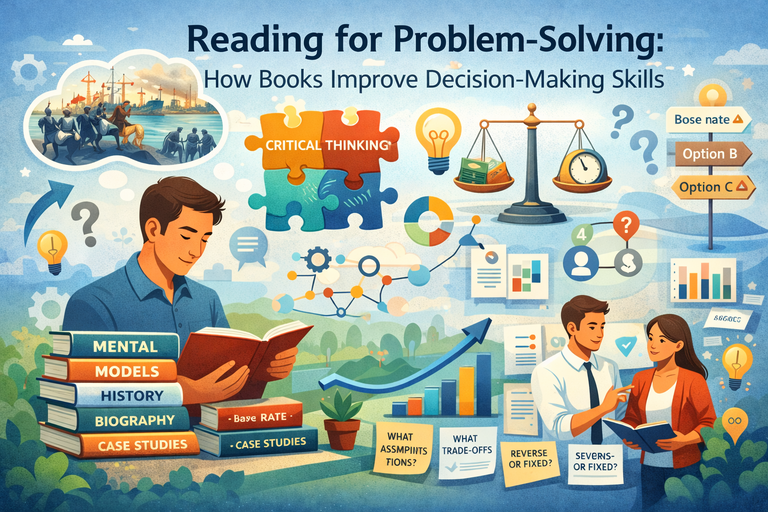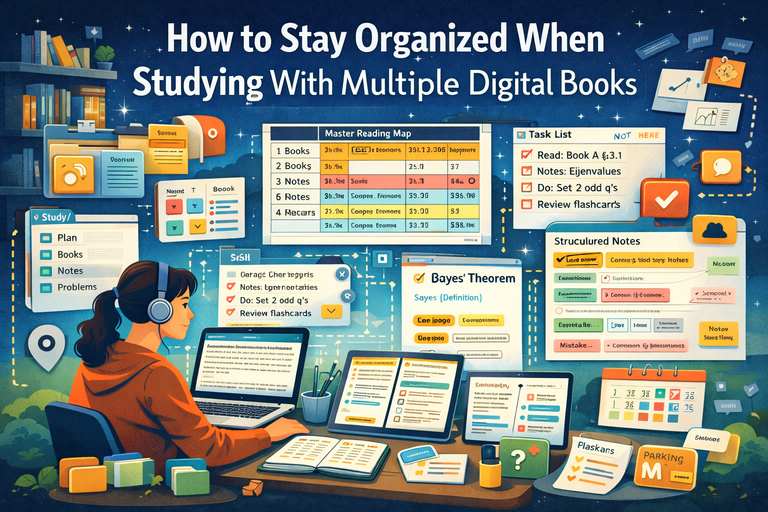The Connection Between Productivity and Mental Health
Introduction
Mental health has a great impact on productivity levels in daily life and the workplace. A healthy mind inspires creativity, focus, and motivation, while mental illness conditions such as depression, anxiety, or excessive stress can significantly impact performance and productivity.
It is crucial to understand the connection between mental well-being and productivity for individuals, companies, and society at large. This article addresses the relationship between productivity and mental health and offers practical advice to remain mentally healthy while optimizing efficiency.
Understanding Mental Health and Productivity
Mental health is understood as emotional, psychological, and social well-being, which will dictate how individuals cope with stress, relate to others, and make decisions.
Productivity, on the other hand, is the ability to accomplish tasks effectively and efficiently. The two are intimately interconnected; poor mental health translates into low productivity, while high levels of productivity can contribute to greater self-esteem and happiness if well balanced.
How Poor Mental Health Affects Productivity
- Reduced Concentration and Attention – Stress and anxiety hinder focusing on work, leading to mistakes and ineffectiveness.
- Less Motivation – Mental illness may result in a lack of motivation to complete tasks or work towards objectives.
- Increased Absenteeism – Employees with poor mental health take more sick leave, which lowers overall performance.
- Reduced Creativity – Depression and anxiety impair problem-solving capacity and innovative thinking.
- Decreased Capacity for Decision Making – Fatigue diminishes the capacity to evaluate circumstances and make sound decisions.
The Workplace and Mental Health
The workplace is a strong determinant of mental well-being. A negative workplace culture, strict deadlines, and ineffective management can cause stress, burnout, and reduced job satisfaction. Employers must recognize their role in developing a culture of support with focus on mental health.
Workplace Factors Affecting Mental Health
- High Job Demands and Low Control – Workers who are overwhelmed by work but have no control over what they do are more stressed.
- Poor Work-Life Balance – Long working hours and not being able to shut down from work induce chronic stress.
- Lack of Recognition – Underappreciation can make people demotivated and disengaged.
- Interpersonal Conflicts – Bullying, discrimination, and weak team working lead to mental distress.
- Job Security – The looming possibility of unemployment or financial stress increases anxiety and detracts from work performance.
The Psychological Benefits of Productivity
As a balanced factor, productivity has the capacity to yield positive aspects to mental welfare:
- Sense of Achievement – Being able to produce and meet objectives boosts self-assurance and dignity.
- Structure and Routine – Knowing that there exists a planned path provides stability and direction.
- Entanglement and Satisfaction – Enabling work makes for emotional harmony and contentment.
- Social Relations – Social contacts with colleagues and co-workers provide emotional support.
Better Mental Health Strategies for More Productivity
Achieving balance between productivity and mental health takes intentional strategies that are healthy as well as efficient. These are some effective ways to achieve it:
1. Prioritizing Workplace Mental Health
- Encourage open discussion on mental health.
- Offer mental health facilities, such as counseling services.
- Offer flexible work hours to reduce stress.
- Create a healthy work culture that supports well-being.
2. Effective Stress Management
Employ mindfulness techniques such as meditation and deep breathing.
- Exercise to release tension and improve mood.
- Take regular breaks to prevent burnout.
- Don't overcommit and be realistic.
3. Create Better Work-Life Balance
- Create boundaries between work and personal time.
- Place importance on self-care activities, such as hobbies and relaxation.
- Rest adequately and maintain a regular sleep schedule.
4. Foster a Healthy Work Environment
- Encourage teamwork and collaboration.
- Recognize and reward employees for their efforts.
- Address workplace conflicts promptly and fairly.
5. Seek Professional Support When Needed
- Consult a therapist or counselor for guidance on managing mental health.
- Utilize employer-provided Employee Assistance Programs (EAPs).
- Join support groups or mental health advocacy programs.
Overcoming Mental Health Barriers to Productivity
1. Identifying Triggers
Information regarding what causes mental distress is possible, and having it can enable one to implement preventive strategies. Keeping a journal where stressors and emotional responses are recorded is the best way to achieve this.
2. Developing Healthy Habits
Establishing a daily regimen of healthy eating, routine exercise, and sleep improves both productivity and mental health markedly.
3. Building Resilience
Resilience is a quantification of adaptation to adversity without the experience of overwhelm. Increased problem-solving capacity, exercise of gratitude, and social support all build resilience over time.
4. Utilizing Time Management Techniques
Good time management has a crucial role to play in promoting balance between productivity and mental health. Techniques such as the Pomodoro method, the employment of priority matrices, and delegation can potentially build efficiency without the experience of burnout.
The Employer's Role in Facilitating Mental Health
Employers are also required to create a work environment that focuses on mental health. Some of these are:
- Providing Employee Wellness Programs – Stress management, mental health education, and relaxation skills training.
- Encouraging Regular Breaks – Permitting employees to take regular breaks enhances focus and prevents burnout.
- Implementing Flexible Work Policies – Telecommuting arrangements, mental health leave, and realistic deadlines enable employees to balance.
- Reducing the Stigma That Envelops Mental Health – Open discussion and promotion of mental health reduce anxiety about seeking help.
Conclusion
The connection between productivity and mental health is undeniable. While low mental health may erode efficiency, good mental health can enhance concentration, innovation, and work satisfaction. Individuals need to identify ways of harmonizing self-care with maximum productivity.
Employers also play a significant role in designing supportive cultures that allow mental health. Prioritizing mental well-being, individuals and institutions can pursue a more sustainable and fulfilling approach to productivity.







